Indigenous Governance Database
self-determination
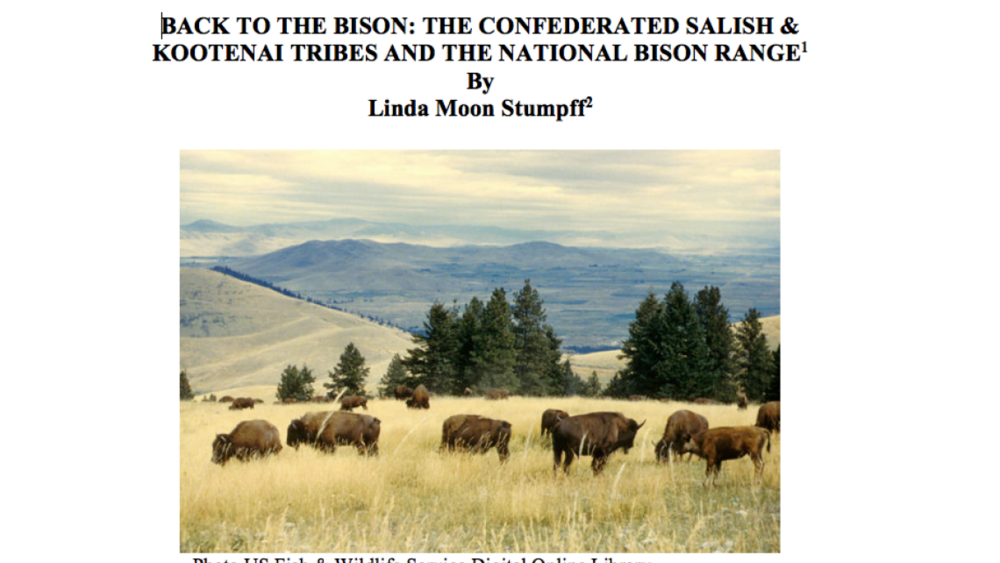
Back to the Bison Case Study Part I
Thirty years after taking over the reins of forestry, recreation, wildlife and other natural resource operations on their reservation lands, the Confederated Salish and Kootenai Tribes (CSKT) established a reputation for environmental leadership in wildlife, wilderness, recreation and co-management…
![Tribal Law as Indigenous Social Reality and Separate Consciousness: [Re]Incorporating Customs and Traditions into Tribal Law Tribal Law as Indigenous Social Reality and Separate Consciousness: [Re]Incorporating Customs and Traditions into Tribal Law](/sites/default/files/styles/resources/public/resources/Screen%2520Shot%25202016-10-11%2520at%25201.22.13%2520PM.png?itok=pvkjKhR1)
Tribal Law as Indigenous Social Reality and Separate Consciousness: [Re]Incorporating Customs and Traditions into Tribal Law
At some point in my legal career, I recall becoming increasingly uncomfortable with the inconsistencies between the values in the written law of various indigenous nations and the values I knew were embedded in indigenous societies themselves. The two are not entirely in harmony, and in fact, in…
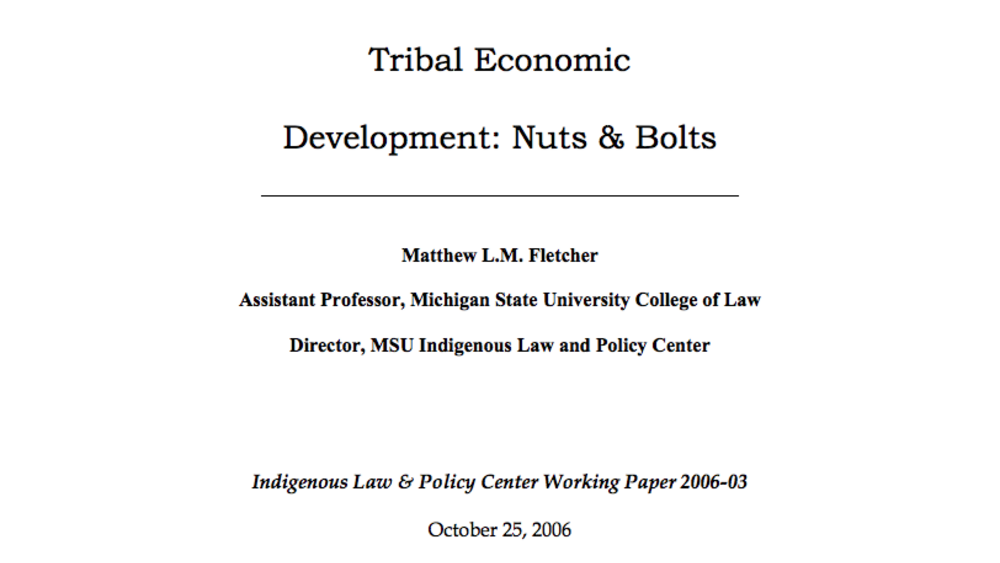
Tribal Economic Development: Nuts & Bolts
Tribal economic development is a product of the need for Indian tribes to generate revenue in order to pay for the provision of governmental services. Unlike the federal government or states, Indian tribes – in general – have no viable tax base from which to generate revenues sufficient to…
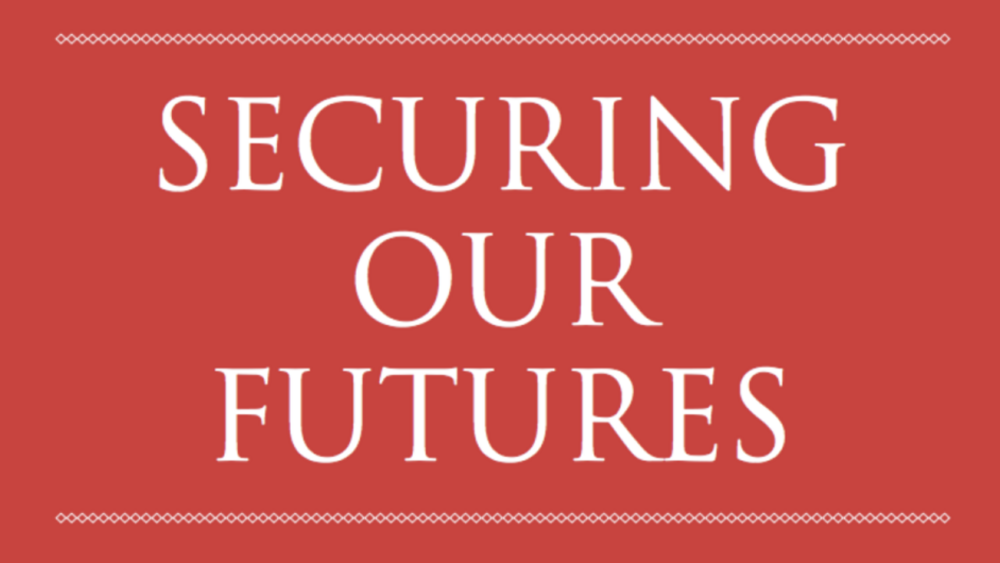
Securing Our Futures
NCAI is releasing a Securing Our Futures report in conjunction with the 2013 State of Indian Nations. This report shows areas where tribes are exercising their sovereignty right now, diversifying their revenue base, and bringing economic success to their nations and surrounding communities. The…
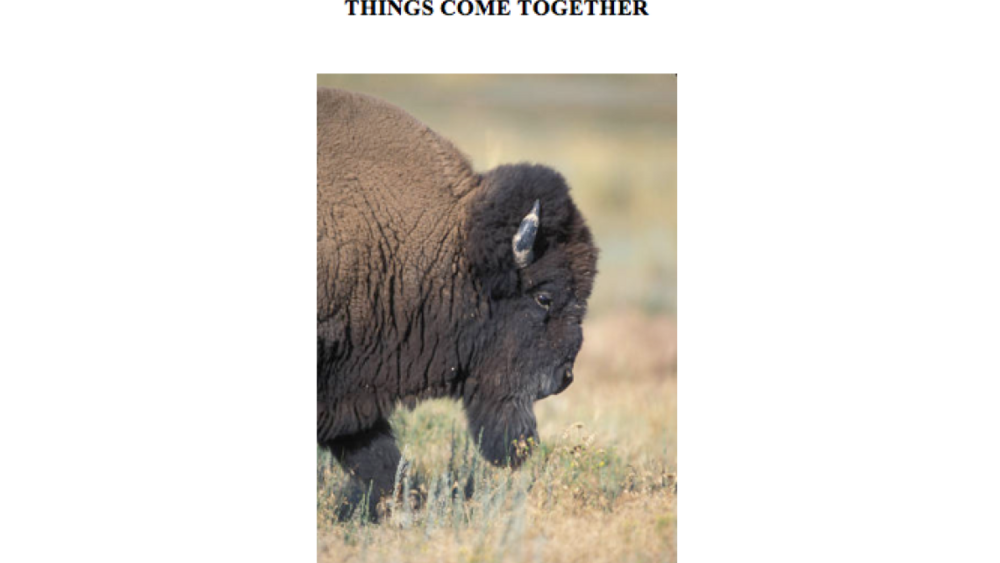
Back to the Bison Case Study Part II
After the Confederated Salish Kootenai Tribes (CSKT) made the decision to work towards signing a management agreement, they began discussions with United States Fish and Wildlife Service (USFWS) in 1994 to pursue the co-management and joint operation of the National Bison Range Complex (NBRC) which…
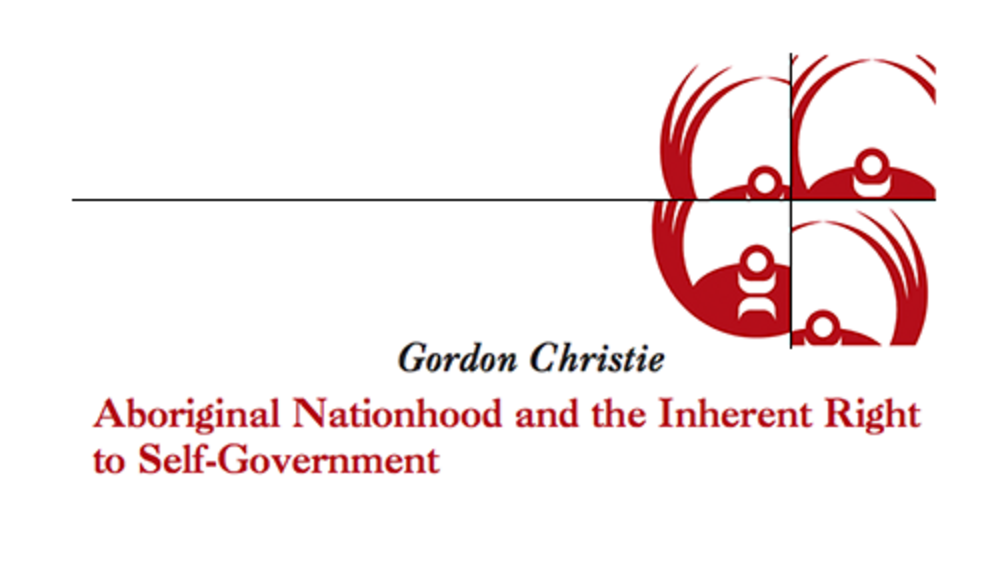
Aboriginal Nationhood and the Inherent Right to Self-Government
Canadian governments and courts recognize that pre-contact Aboriginal societies possessed their own legal and political systems and that to this day these nations have not surrendered the powers they fully exercised before colonial policies undercut their authority. …
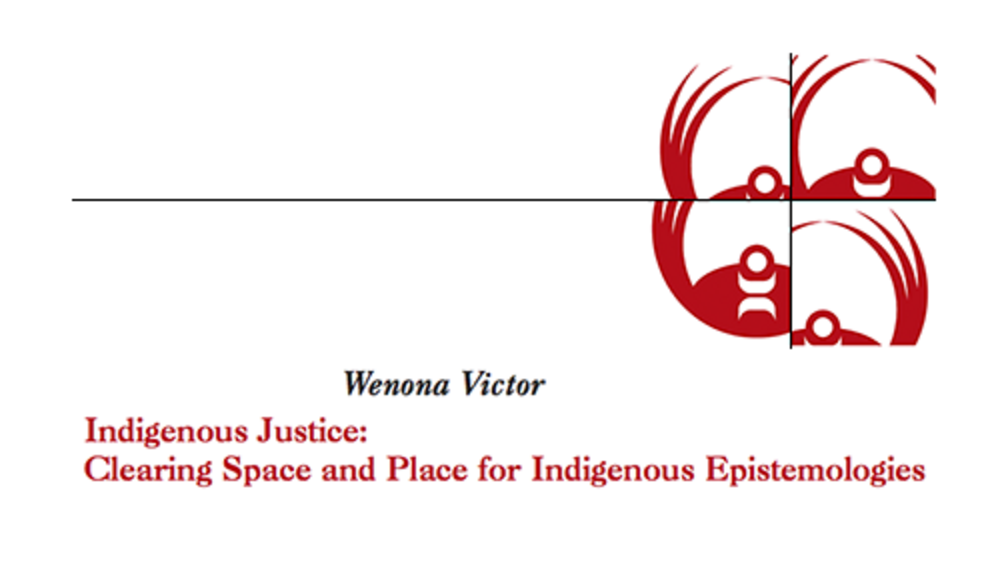
Indigenous Justice: Clearing Space and Place for Indigenous Epistemologies
The realization of Self Determination for Indigenous Peoples is an exhilarating and fascinating movement that encourages human perseverance and an unfaltering belief in human potential and responsibility. It is a multi-dimensional movement that acknowledges and accepts human flaws…
Pagination
- First page
- …
- 3
- 4
- 5
- …
